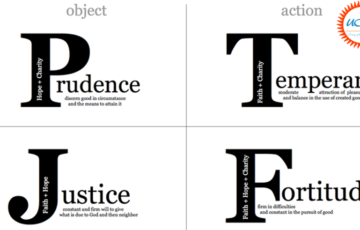Civil Servants
Q. It is imperative for a country like India, that code of ethics should be implemented for civil servants on social media platforms as well. Discuss.
A code of ethics is a guide of principles designed to help professionals conduct business honestly and with integrity. A code of ethics document may outline the mission and values of the business or organization, the ethical principles based on organization’s core values.
As India’s public debates moves online, quite a few bureaucrats have been vocal about their personal views on social media. Recently, a Defense Ministry spokesperson was sent on indefinite leave after a controversial tweet targeting former Chief of Naval Staff surfaced online. Controversies like this make it imperative that code of ethics for civil servants should be implemented on social media platform too.
As civil service code of conduct and ethics makes it imperative for a civil servant to be impartial, accountable, empathetic, honest and to maintain integrity in public life. In this era of social media, there is need to revise and implement new set of code of ethics as rules were made when there was no social media.
New code of ethics should not bar a civil servant from expressing his freedom of speech and expression. It should be formulated within the code of conduct of the service. The distinction between official and personal accounts should be addressed, but the basic conduct rules should be applicable to the latter as a bureaucrat does not cease to represent the government when he is using his personal account. In any case, social media is a public forum and the same considerations should apply as, say, to speaking in public or writing for a publication either officially or out of work. Thus, social media should not be used by civil servants for self-promotion or airing their personal views. A civil servant needs to always act in a way that retains the confidence of all the people he/she deals with.
A code of ethics for civil servant on social media would help in holding them accountable for the
information they have put online in terms of its accuracy and sensitive nature. It would help prevent any kind of damage to the socio-political fabric of nation since once something is posted online, it is very difficult to remove it or undo its impact. It would also ensure that the ethical principles of civil services are adhered to in every aspect of a civil servant’s life.
However, one should not also overlook the fact that social media has improved the connectivity and brought the civil servants even more closer to the common people. It presents a much better understanding of the real needs and concerns of the citizen and has the potential to aid public servants in their work. It not only helps improve the outreach of government policies but also act as a platform for quick redressal of grievances. So, a balanced code of ethics should be implemented for civil servants for the use of social media as well.







